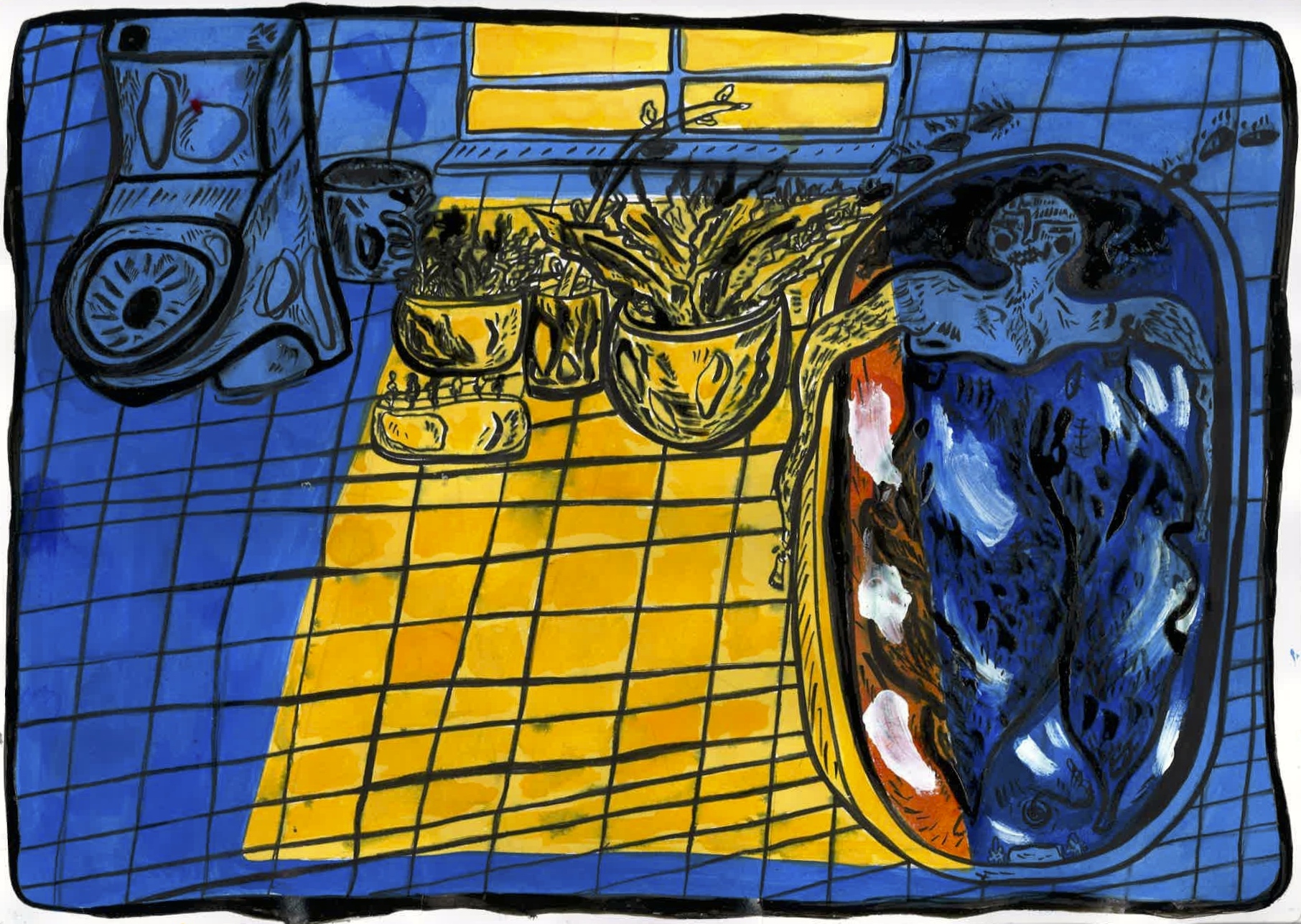
Sexual harassment on university campuses has become a hot topic in recent years. Consent workshops organised by university student unions are blossoming across the country in the face of antiquated criticism. Earlier this year, a Guardian investigation concluded that sexual harassment, misconduct, and gender violence by university staff are at epidemic levels. And while there are no official figures about the number of people sexually assaulted during their studies, a 2015 Telegraph survey reported that one in three undergraduate students had experienced sexual assault or harassment.
The fact that this many students could be dealing with the consequences of sexual misconduct is appalling for a whole host of reasons. However, one that has received little coverage is the effect sexual misconduct can have on a student’s academic work. University students are (rightly) expected to work to very high standards, which is not always possible when trying to cope with the trauma of surviving sexual assault.
F, a student at the University of Cambridge, was sexually assaulted two days before an exam in 2016: “I didn’t sleep at all over those two days, and had frequent panic attacks that made any further revision basically impossible. I spent the exam itself really distracted and unable to focus, and left several answers completely blank. I ended up doing over 20 percentage points worse on the actual exam than I had on a mock at the beginning of term.”
“‘I missed a huge number of lectures and tutorials because of the compounding emotional and physical effects of the sexual violence I experienced'”
G, an undergraduate at Durham University, had this to say about her experience: “Having chronic illnesses, which can all be worsened by stress causing relapse, sexual violence had a huge impact upon my health. It caused my conditions to flare up, meaning I couldn’t leave bed for weeks due to insurmountable physical pain. I missed a huge number of lectures and tutorials because of the compounding emotional and physical effects of the sexual violence I experienced. The grades from my coursework and assessments before the incidents were two grades above the majority of my exam results, because I was unable to revise or even form coherent thought due to the impact upon my mental health.”
Another student, A, notes how seeing her rapist in her first exam last year made her feel: “In that paper I ended up getting a low 2:2 in comparison to high 2:1s and 1st’s in my five other papers. Not only this but after seeing him in the first exam I made myself completely hysterical not only over exams but that I would see him again in all of my others – I slept about 40 minutes a night before all of my other exams and was constantly exhausted solely because of panicking so much about seeing him again.”
Testimonies such as these highlight the direct impact that surviving sexual assault can have on a student’s academic performance. Not everyone who is assaulted goes on to suffer from PTSD. Some people face no long-term effects whatsoever. But those that do deserve to be supported by their universities. And this can be done. While I was Women’s Officer at Cambridge University, I supported the university in creating one of the most progressive sexual harassment and misconduct procedures in the HE sector. One that genuinely supports students. Further testimonies show that other institutions are also capable of helping survivors.
“‘If any university staff see this, know that it does make a real difference to the lives of survivors if they feel believed and supported'”
E, a student at Exeter University, was sexually assaulted in her second year: “I was given an extension for extenuating circumstances, but only after I gave them my police case number. It was really helpful to have that extension, since for a couple of weeks afterwards I was really anxious, and couldn’t sleep properly, which really affected my work.”
J, who graduated with a first-class degree from Oxford, had a difficult time coping with her assault during her final exams, but she also remembers the support she received from university staff: “My personal tutor and the welfare advisor in college were extremely supportive throughout the process, telling me they believed me unconditionally and doing anything they could to help – even offering to walk me to my exams.” She ended her testimony with a simple request: “I know a lot of survivors don’t get the same supportive response from their university but if any university staff see this, know that it does make a real difference to the lives of survivors if they feel believed and supported – it’s indescribable.”
Stories such as these inspire hope. They highlight that the potentially long-term and negative effects of experiencing sexual violence don’t always have to affect exam performance. Where support is provided, even in the simple act of believing a survivor, a real difference is made. This level of support shouldn’t be a lottery, depending not only on what university you attend but whether or not you can trust relevant university staff members. Unlike E and J, another student, C, stated that while she could have gone to her tutor for support, she “had zero faith in [him] taking me seriously because I hadn’t reported it to the police and he has been awful about everything else”.
“It’s already clear that universities should be taking some responsibility for the extent of sexual misconduct on their campuses”
We need a level playing-field. Not just for survivors with differing levels of support but for all students, survivors or not. This is why I have launched a petition calling on all UK universities to explicitly make sexual assault an extenuating circumstance for students sitting exams. Currently, there are only four universities that do so, although many universities have flexible policies that allow for “grave circumstances” to cover instances such as sexual assault. The general feeling towards this has been best summed up by F, who after her exams looked up the process to get her grades disregarded and found the process “really intimidating”. She explains: “I wasn’t sure if what had happened would even be considered a ‘grave circumstance’, or how I would react if they didn’t think my assault was serious enough to warrant an exemption.”
It’s already clear that universities should be taking some responsibility for the extent of sexual misconduct on their campuses. Late last year, a task-force set up by Universities UK produced a set of recommendations for universities across the country. These supplant the 1994 Zellick Report that absolved universities of responsibility and encouraged them to send survivors to the police. Instead, universities are expected to produce policies and procedures on sexual misconduct that protect their students.
In response to my petition, a spokesperson from Cambridge University has said: “If a student has suffered any grave circumstance that has impacted upon their examinations, including harassment or sexual assault, then they can apply for an examination allowance. The University’s guidance lists some categories of circumstances that would constitute ‘grave circumstance’ and currently this does not explicitly list sexual assault or rape. This guidance is regularly reviewed and in the next review, consideration will be given to including a larger number of examples, including examples relating to students who have been a victim of a serious crime.”
More can be done to support students like the ones whose testimonies you’ve read above. But it requires all of us to stand up and demand that universities do better, be allies to survivors and create academic institutions of which we can be proud, not simply for their academic output but for the respect they have for all of their students. So I urge every reader to sign my petition. Play your part in supporting student survivors all over the country.









